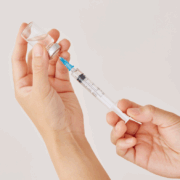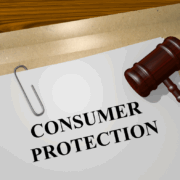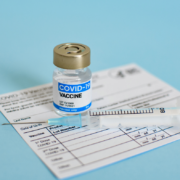National Consumers League Statement on FTC Suit Against Live Nation and Ticketmaster
Media Contact: Lisa McDonald, Vice President of Communications, 202-207-2829
Washington, DC – The National Consumers League (NCL) today welcomed the announcement that the Federal Trade Commission (FTC) and a bipartisan group of state attorneys general have sued Live Nation and Ticketmaster. The complaint alleges that Live Nation and its Ticketmaster subsidiary rigged the system with deceptive pricing and shady broker deals, raking in hundreds of millions while sticking fans with billions in bogus fees and inflated prices.
The following statement is attributable to John Breyault, Vice President of Public Policy, Telecommunications, and Fraud, National Consumers League:
“NCL applauds the FTC and state attorneys general for bringing this landmark action against Live Nation and Ticketmaster. The allegations laid out by the FTC make clear what NCL has long argued: far from being an innocent victim of ticket resale, Live Nation profits from it immensely. By working hand-in-glove with ticket brokers to circumvent ticket limits and then reaping billions in fees on the resale market, Live Nation has sought to corner the secondary ticketing market just as it has monopolized the rest of the live events industry.”
“For years, consumers and artists alike have paid the price for this anticompetitive and deceptive conduct—through hidden fees, inflated resale prices, and diminished trust in the live event marketplace. Today’s action is a vital step toward holding Live Nation accountable, restoring fairness, and ensuring that fans, not monopolists, are the ones who come first in live entertainment. It also underscores the urgent need for Congress to pass the bipartisan TICKET Act (H.R. 1402/S. 281), which would codify much-needed transparency and consumer protections into law, ensuring lasting reform of a market long tilted against fans.”
###
About the National Consumers League (NCL)
The National Consumers League, founded in 1899, is America’s pioneer consumer organization. Our mission is to protect and promote social and economic justice for consumers and workers in the United States and abroad. For more information, visit www.nclnet.org.

























